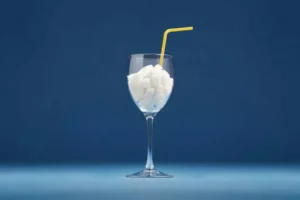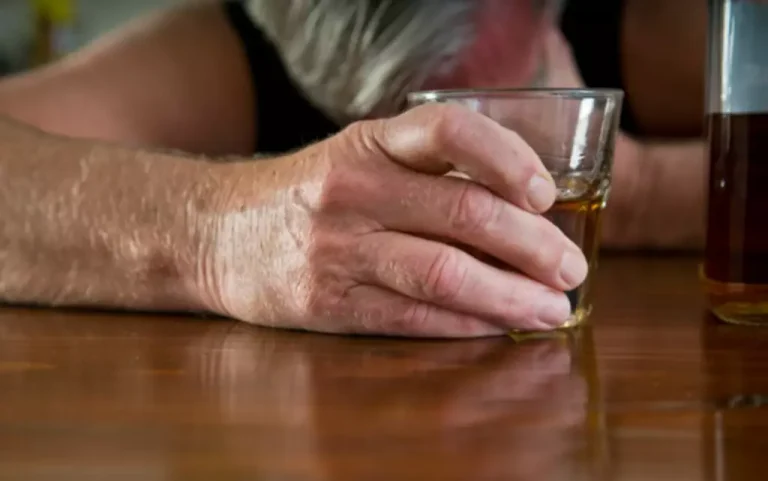
Participants were interviewed within their first week of entering a sober living house and again at 6-, 12-, and 18-month follow up. To maximize generalization of findings, very few exclusion criteria were used and very few residents declined to participate. Primary outcomes consisted or self report measures of alcohol and drug use.
Digital Health and Wearable Devices

These measures were taken from the Important People Instrument (Zywiak, et al., 2002). The instrument allows participants to identify up to 12 important people in his or her network whom they have had contact with in the past six months. The drinking status of the social network was calculated by multiplying the amount of contact by the drinking pattern of each network member, averaged across the network.
- However, there were interesting reflections about the overall finding that smaller social networks had better outcomes than large networks.
- Research shows that if you maintain these types of toxic relationships, your chances of relapsing are greater.
- Getting sober may make you feel confused, unclear, and emotional at first.
- We found that a subgroup of about a third of the residents had significantly higher psychiatric severity than other residents and had significantly worse outcomes.
Identify Your Triggers
Their perceptions of the strengths and weaknesses of SLHs in their communities should provide data that can be used to modify houses to improve acceptance and expand to serve more drug and alcohol dependent persons. We hypothesize that barriers to expansion of SLHs might vary by stakeholder groups. Drug and alcohol administrators and operators of houses might therefore need different strategies to address the concerns of different stakeholders. Freestanding SLH’s offer a limited amount of structure and no formal treatment services. Thus, they are optimal for residents who are capable of handling a fair amount of autonomy and who can take personal responsibility for their recovery.

Final Thoughts on Encouragement for Sobriety and Recovering from Addiction
In this article, we’ll talk about how you can celebrate your wins in addiction recovery. We’ll also help you learn about different wins and why they matter. A well-known quote in Alcoholics Anonymous is, “To keep it, you must give it away.” Helping others who are struggling tips to stay sober can give people hope and strength to continue with their own recovery. It allows people to recognize where they are and how far they have come in their journey. It could be as little as offering a ride to a meeting or setting up chairs and making coffee, or it could be as much as becoming a sponsor or acting as a guest speaker at a local event. Depending on the severity of the addiction or substance being used, a medically supervised detox may be necessary to safely help you.

- You might take a new way home from work, for example, to keep from going past your favorite old hangout.
- Because the two types of houses served residents with different demographic characteristics, we conducted disaggregated longitudinal analyses for each.
- Spending more time with supportive loved ones and planning activities for the entire family can also help you develop a healthier lifestyle and avoid situations in which you would normally drink or use drugs.
- However, the idea behind the Addicted-Self Model is that alcoholism, like many other diseases, is a physical ailment—one that there is no cure for, only treatments that can help alleviate the symptoms.
- We therefore suggest that there is a need to pay attention to the community context where those interventions are delivered.
It can also make you more self-aware and mindful, helping you stave off cravings. Practicing yoga lowers your levels of stress hormones like cortisol and adrenaline. This is important, especially in your first year of sobriety because stress will tempt you to fall off the wagon. The less stressed you feel, the less you’ll turn to substances as a way to manage your emotions. When you accomplish a fitness goal, you show yourself that you can do things that are hard. That can make you realize you’re also capable of getting sober.
- While the process may take several years, the outcome is a happier, healthier life where you have the freedom to fulfill your full potential.
- People in recovery generally agree that abstinence is necessary but remains just a starting point for a new, sober life.
- Personal growth and goal setting provide structure and purpose to your recovery journey.
- Keep pushing forward, and know that you are capable of achieving a happy, healthy, and fulfilling life in recovery.
- It’s best to keep yourself busy so you don’t risk making decisions you’ll regret.
- There are several limitations to the study that are important to consider.